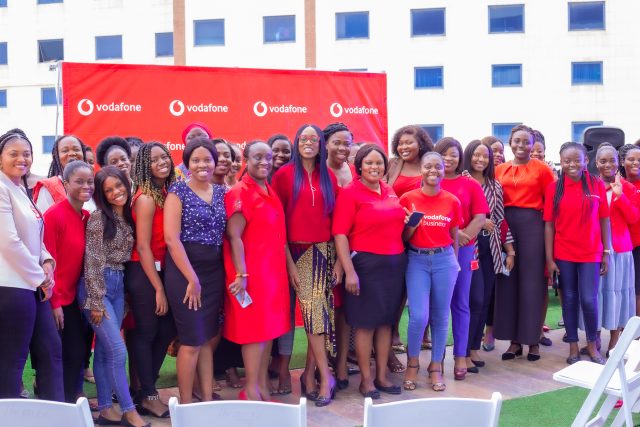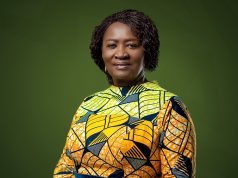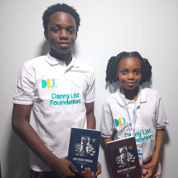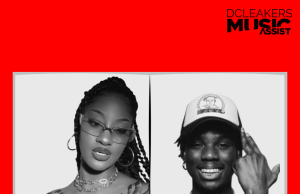Gender inequality remains a significant challenge in many African countries, including Ghana. Women and girls often face discrimination and marginalisation in education, employment, and access to resources, perpetuating a cycle of poverty and limiting their potential. However, innovative solutions that leverage technology and digital platforms are emerging to challenge gender biases and empower women to succeed.
Today the world marks International Women’s Day 2023 with the theme “DigitALL: Innovation and technology for gender equality. It is essential to recognise the role of organisations like Vodafone Ghana in ensuring that women have the information technology capacity they need to fully participate in society, democracy, and the economy.
Vodafone Ghana’s initiatives that promote gender equality in education and employment demonstrate its commitment to empowering women. One of its flagship programs is the Female Engineering Scholarship Scheme Programme (FESSP), which provides opportunities for promising female students to pursue careers in science, technology, engineering, and mathematics (STEM). The program offers scholarships and internships to female students in STEM-related fields, exposing them to real-world experiences and mentoring to develop their skills and expertise.
FESSP has been a resounding success, with over 40 young women participating in the program to date. Many of them have gone on to pursue careers in STEM and are making significant contributions to their respective fields. The programme’s impact extends beyond Ghana; some of its alumni are working in various industries across the globe, creating a positive ripple effect that benefits not only women but society in general.
Vodafone Ghana’s commitment to promoting gender equality in education goes beyond FESSP. It also runs initiatives such as Code-Like-A-Girl, a coding platform that introduces young girls to basic computing and programming skills. The platform aims to inspire young girls to pursue STEM careers and overcome gender stereotypes that often discourage them from pursuing technical fields.
The impact of Code-Like-A-Girl has been impressive, with many participants reporting increased interest in STEM subjects and improved confidence in their abilities. By exposing young girls to technology and innovation, Vodafone Ghana is laying the foundation for a more equitable future, where women and men have equal opportunities to succeed.
In line with its efforts to enhance digital learning, Vodafone Ghana collaborated with the Ghana Library Authority to set up five ICT centres, with another set of four in progress. The devices that Vodafone Ghana has provided in these centres have enhanced digital learning and impacted over 20,000 users across the country.
Another area where Vodafone Ghana is championing gender equality is in financial services. The company’s Vodafone Cash platform is helping to improve financial access for women, particularly those in rural areas, who typically lack access to formal financial institutions. By giving women mobile devices and educating them about money, Vodafone Ghana is enabling them to save electronically and build their own finances. This allows them to access microcredit, which provides multiple opportunities for those who are building a business, a family, or trying to educate their children.
The impact of Vodafone Cash on women’s financial empowerment has been significant. Women can now save and invest in their futures, improve their economic prospects, and contribute to their families’ well-being. Vodafone Ghana’s commitment to financial inclusion and gender equality is empowering women and contributing to Ghana’s economic growth and development.
As the world celebrates International Women’s Day, Vodafone Ghana stands as a shining example of what we can achieve when corporates, governments and society is intentional in fostering programmes and initiatives that contribute to bridge the digital equity divide.
DISCLAIMER: The Views, Comments, Opinions, Contributions and Statements made by Readers and Contributors on this platform do not necessarily represent the views or policy of Multimedia Group Limited.








![Stonebwoy holds star-studded party for ‘5th Dimension’ mega album [Video]](https://ghananewss.com/storage/2023/04/stonebwoy-partyy-100x75.jpeg)







